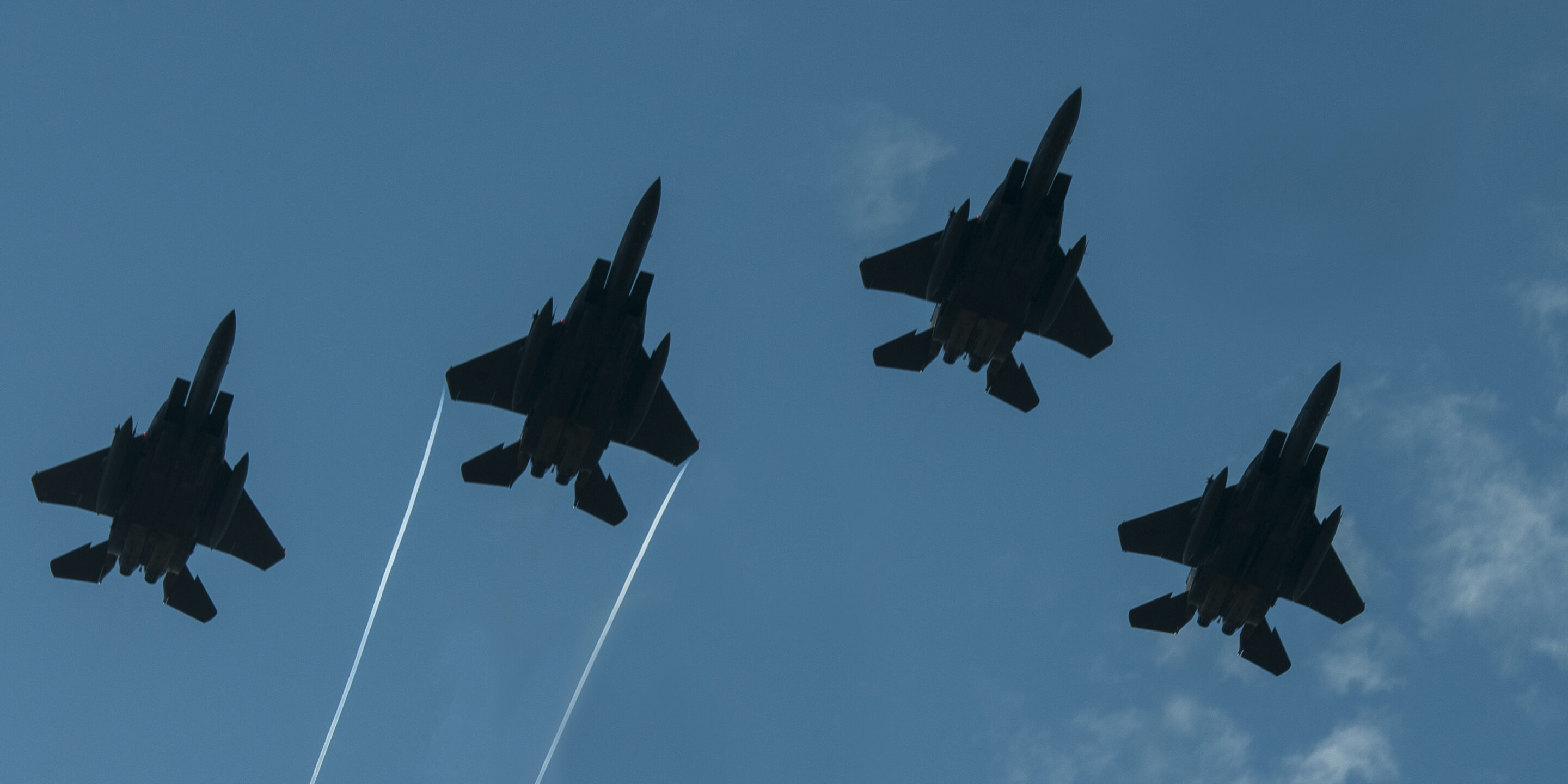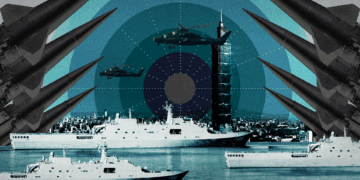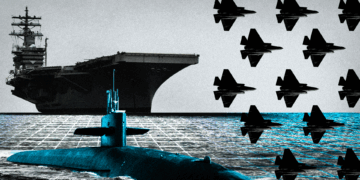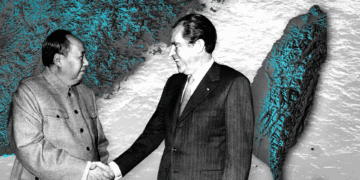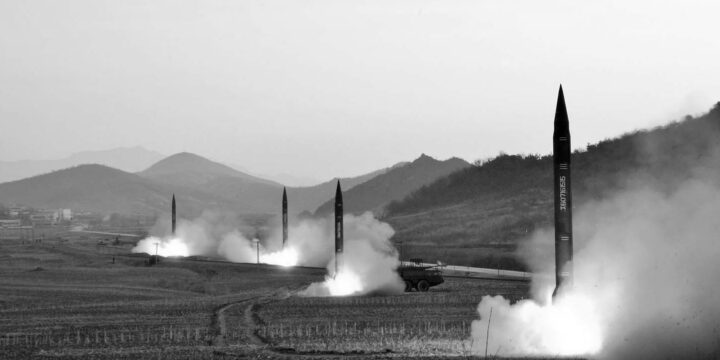Every U.S. president over the last two decades has arrived at the White House thinking that with enough perseverance, resolve and dexterity, they can solve—or at the least substantially mitigate—the North Korea conundrum. Without fail, every single U.S. president over the last two decades has left that very same building passing on the conundrum to their successors.
President George W. Bush entered the job highly skeptical of the Clinton administration’s “Agreed Framework” deal with Pyongyang, tore it up, and began the process of enacting a U.N. Security Council sanctions regime against the North Korean economy to pressure the Kim dynasty into eliminating its nuclear weapons program. The result: failure.
In 2009, President Barack Obama vowed to talk to Washington’s traditional adversaries if they were willing to “unclench” their fists and in 2012 even arrived at an understanding with the North Koreans known as the “Leap Day Deal,” which traded a nuclear and missile launch moratorium for U.S. aid. Yet after that arrangement blew up months later, Obama largely gave up on diplomacy with the North, spending the rest of his presidency piling on the sanctions pressure and hoping Pyongyang would reform its ways.
President Donald Trump, meanwhile, started blustery but came to see top-level diplomacy with Kim Jong-un as his best chance to wriggle something out of the North. It didn’t work; the two men walked away from their second summit in Hanoi in February 2019 with nothing to show for it. As far as President Biden’s tenure, there’s frankly nothing much to say.
If Kamala Harris wins the 2024 election, she will face the same problem many of her peers confronted: a North Korea steadfastly committed to retaining its nuclear weapons arsenal. The only difference is that North Korea has more of those weapons in its stockpile today than it did previously, not to mention an intercontinental ballistic missile (ICBM) program, newer launch platforms to shoot off those missiles if the time comes, and a more impatient Kim Jong-un who no longer seems to care whether Washington extends him an olive branch or not.
More on Asia
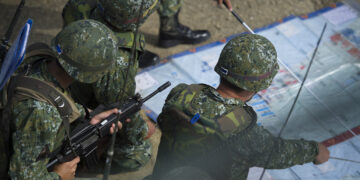
Featuring Jennifer Kavanagh
October 4, 2025

Featuring Jennifer Kavanagh
September 29, 2025
